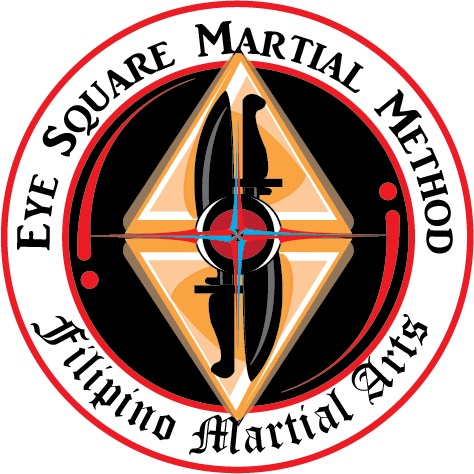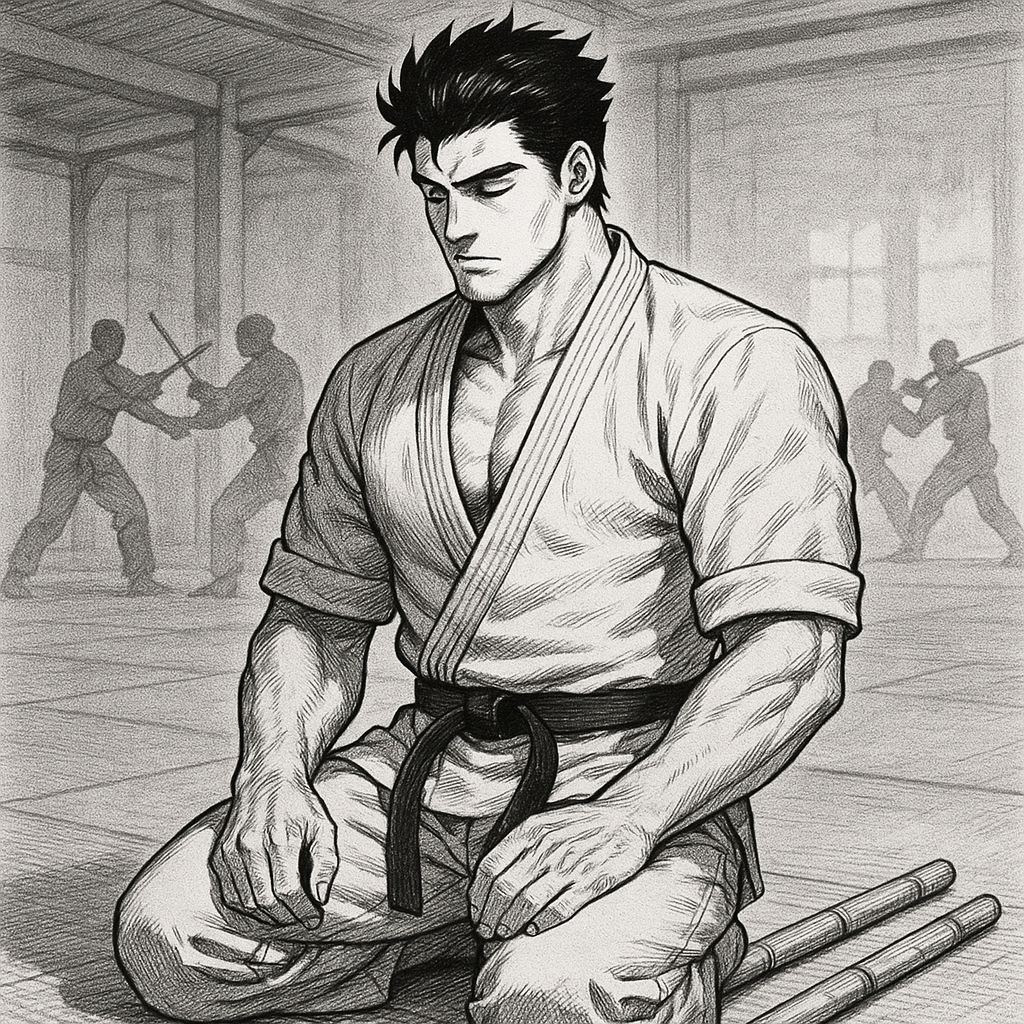“Why do you train?”
That was a question my Wing Chun instructor used to ask me all the time. For a long time, I didn’t have a good answer—other than I just wanted to. And honestly, that was enough to start.
I’ve always thought martial arts were cool, and over time, I’ve come to realize that’s as valid a reason as any. But along the way, I’ve also learned something important:
Knowing why you train helps you train smarter.
Having realistic goals keeps you focused—and it helps you recognize what you can and can’t judge yet in your journey.
🧭 Six Functional Reasons to Study Martial Arts
There are lots of reasons someone might train, but most fall into a few core categories:
⚔️ War
“The arts of Mars.” Martial arts were originally created for warfare.
🏅 Sport
Combat skills adapted into structured competition.
👮 Policing
Controlling and apprehending others as part of the justice system.
🛡️ Self-Protection
Using force to defend yourself from harm.
👥 Bodyguarding
Using force to protect others from harm.
🌱 Self-Development
Discipline. Health. Confidence. Coordination. The “everything else” bucket.
Understanding why you train shapes how you train. A cop, a soldier, and a sport fighter all need different tools—even if they share some techniques.
🎯 Align Your Goals with Your Training
When I started, I just needed something physical to get in shape. These days, I’m more interested in understanding and cataloging systems.
Over time, your reasons might change—and that’s okay.
But what doesn’t change is this:
Your training should match your goals.
⚠️ Sport vs. Self-Protection: A Reality Check
There’s a real tendency for some instructors to try to be all things to all people—especially when there’s money involved. But the differences between sport and self-protection are more than just surface-level.
Sport has rules, time limits, safety gear, and referees. The goal is to win without causing serious harm.
Self-protection doesn’t come with rules. If you have to fight back in real life, chances are:
- You’re surprised
- You’re outnumbered
- You’re protecting someone else
- You’re starting from a disadvantage
In those moments, you’re not looking to “win points.” You’re looking to survive.
🧩 Can You Have Multiple Goals?
Absolutely. You can train for self-confidence, get in shape, and maybe even compete.
But not all goals mix well.
Want to be a battlefield operator and an Olympic athlete? You’re going to face some trade-offs.
The important thing is that your goals are generally compatible. And that you’re honest about what you’re training for.
❤️ The Heart of the Matter
At the end of the day, only one thing really matters:
Know why you train.
Keep that reason close. Let it guide your training choices. And make sure the instruction you’re getting lines up with your goals.
No reason is better than another. But delusion is the enemy—whether it’s yours or your instructor’s.
🧠 One Last Thought
So I’ll ask you the same question my instructor asked me:
Why do you train?
Whatever the answer is—own it. Train accordingly.
Until next time.

